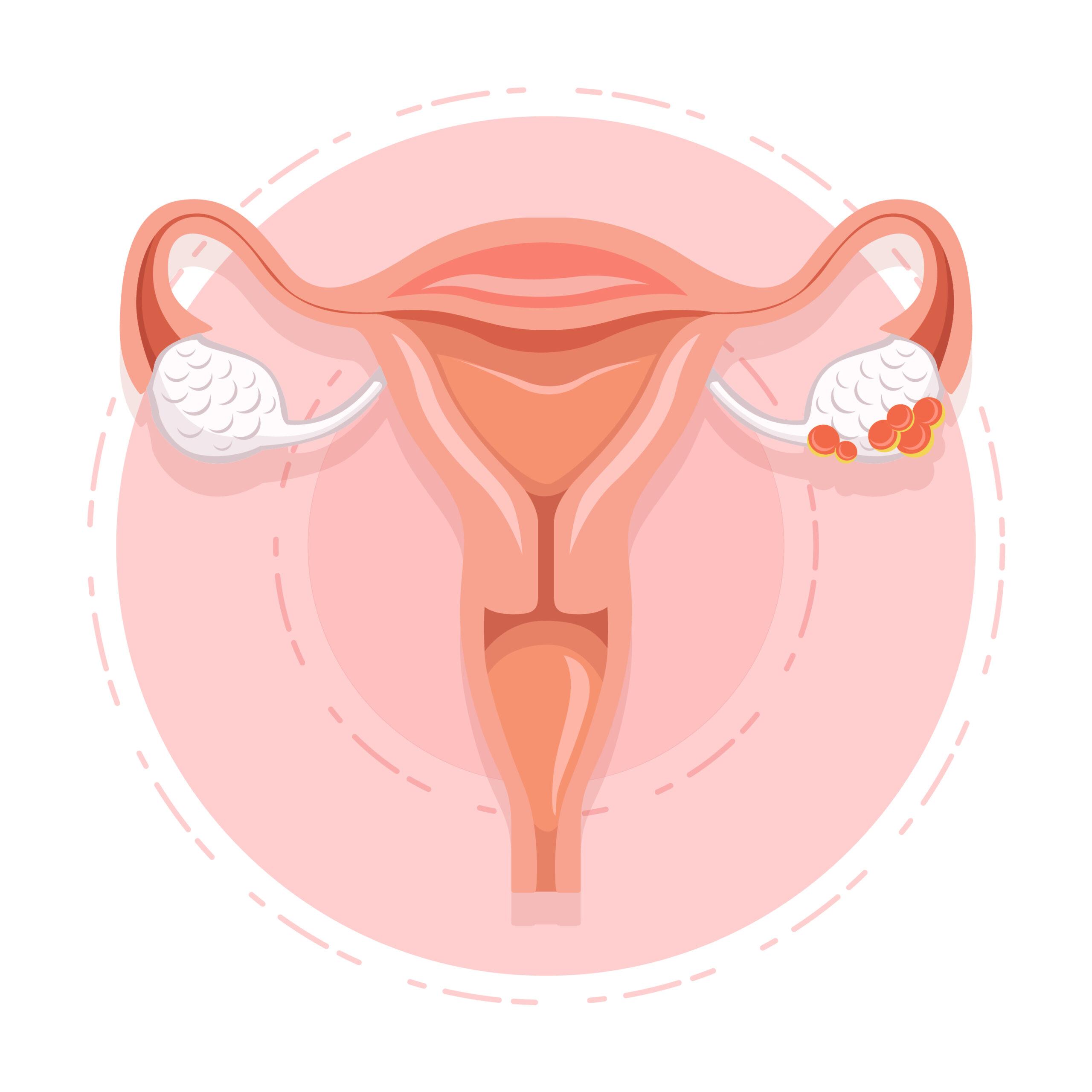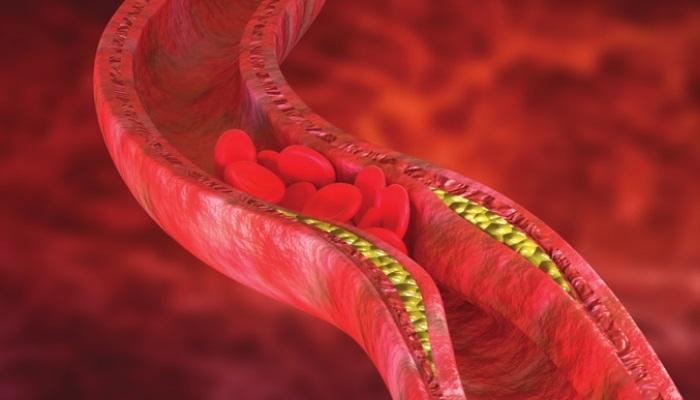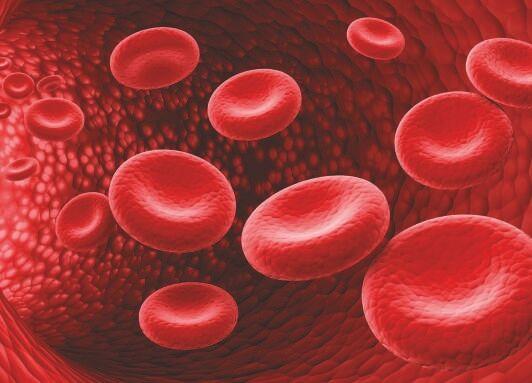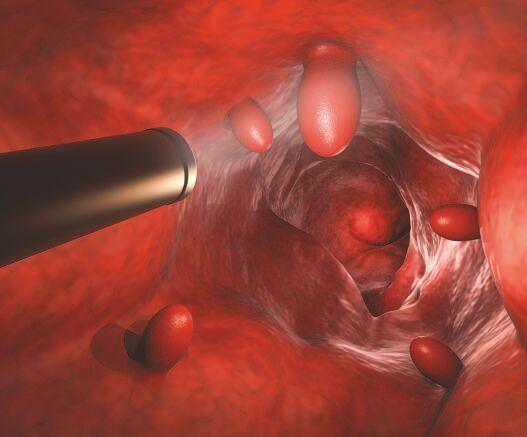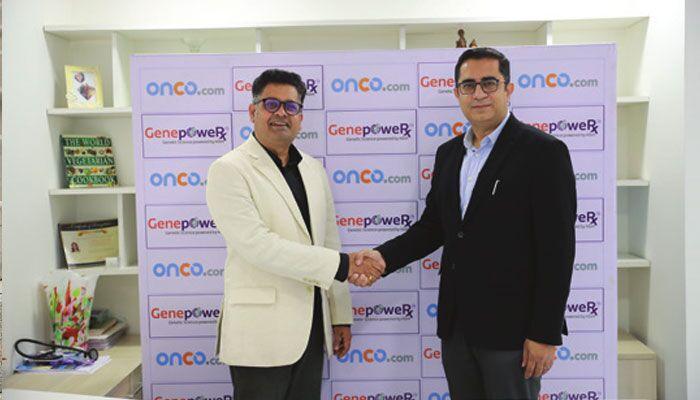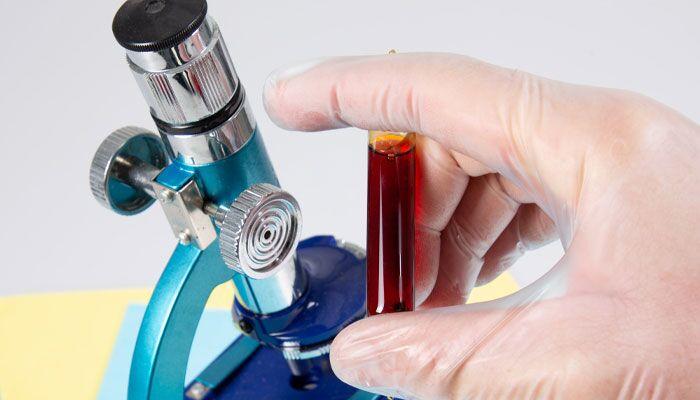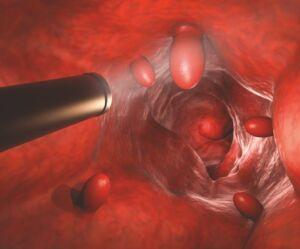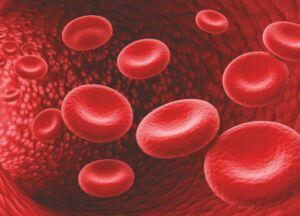
Journal round up

1
21-Gene Assay Helps Postmenopausal Women with Breast Cancer Skip Chemotherapy
A new study found that the 21-Gene Assay can help predict postmenopausal women with breast cancer and one to three positive axillary lymph nodes, who can safely forego chemotherapy. These results were published in the journal New England Journal of Medicine and included 5018 women.
The 21-Gene is based on expression of 16 breast cancer-related genes and 5 reference genes. The result is a recurrence score, the higher the score, the worse is the prognosis.
The study found that postmenopausal women with breast cancer and a recurrence score between 0-25 did not have survival benefit from adjuvant chemotherapy added to endocrine therapy as compared to women treated with endocrine therapy alone. So, these women can safely skip chemotherapy. In addition, premenopausal women with same disease did receive chemotherapy befits in terms of disease-free survival.
These results can be further used to prevent unnecessary medicating post-menopausal women with breast cancer and one to three positive axillary lymph nodes.
Reference:
- Kalinsky, K., Barlow, W. E., Gralow, J. R., Meric-Bernstam, F., Albain, K. S., Hayes, D. F., Lin, N. U., Perez, E. A., Goldstein, L. J., Chia, S., Dhesy-Thind, S., Rastogi, P., Alba, E., Delaloge, S., Martin, M., Kelly, C. M., Ruiz-Borrego, M., Gil-Gil, M., Arce-Salinas, C. H., Brain, E., … Hortobagyi, G. N. (2021). 21-Gene Assay to Inform Chemotherapy Benefit in Node-Positive Breast Cancer. The New England journal of medicine, 385(25), 2336–2347. https://doi.org/10.1056/NEJMoa2108873
2
70-gene signature helps identify women with early breast cancer, with high clinical-low genomic risk
A nine year follow up of the phase 3 randomized MINDACT (Microarray In Node-Negative and 1 to 3 Positive Lymph Node Disease May Avoid Chemotherapy) trial found the 70-gene signature to be helpful in identifying women with breast cancer having high clinical-low genomic risk, who would not need chemotherapy for disease-free survival. The study results were published in the Lancet Oncology.
Of the 6693 patients enrolled, 1497 patients were included in this subset analysis. 676 patients received chemotherapy and endocrine therapy and 682 received only endocrine therapy. Their genomic risk and clinical risk were determined using the MammaPrint 70-gene signature and modified version of Adjuvant! Online, respectively.
The postmenopausal women with early breast cancer with up to three positive lymph nodes, no distant metastases, were found to have no added survival benefit of adding chemotherapy to their endocrine therapy. These women can be treated only using endocrine therapy. The same survival benefits were not applicable in pre-menopausal women with same disease status.
Reference:
- Piccart, M., van ‘t Veer, L. J., Poncet, C., Lopes Cardozo, J., Delaloge, S., Pierga, J. Y., Vuylsteke, P., Brain, E., Vrijaldenhoven, S., Neijenhuis, P. A., Causeret, S., Smilde, T. J., Viale, G., Glas, A. M., Delorenzi, M., Sotiriou, C., Rubio, I. T., Kümmel, S., Zoppoli, G., Thompson, A. M., … Rutgers, E. (2021). 70-gene signature as an aid for treatment decisions in early breast cancer: updated results of the phase 3 randomised MINDACT trial with an exploratory analysis by age. The Lancet. Oncology, 22(4), 476–488. https://doi.org/10.1016/S1470-2045(21)00007-3
3
Exercise can benefit colorectal cancer survivors at the genetic level
A 6-week exercise training program can cause methylation changes at DNA level, in colorectal cancer survivors, reported a recent study published in the Asia-Pacific Journal of Clinical Oncology. These results add up to the existing evidence for benefits of behavioural interventions such as exercise on epigenetics.
The study was a randomized controlled trial in 15 colorectal cancer survivors, who were randomized either to the 6-week exercise group (weekly, group-based, supervised resistance exercise program and a home-based same resistance exercise plus walking six times per week) or control group. The exercise intervention consisted of a.
The researchers found that subjects in the exercise group had genome-wide DNA methylation changes on 756 CpG sites, some of these sites were linked to immune responses, transcription activity, and metabolic and immune diseases.
Although these results may need large-study validation, exercise as a behavioural intervention has been again proven beneficial for people with cancer.
Reference:
- Hwang, S. H., Kang, D. W., Lee, M. K., Byeon, J. Y., Park, H., Park, D. H., Kim, K. C., Lee, S. T., Chu, S. H., Kim, N. K., & Jeon, J. Y. (2022). Changes in DNA methylation after 6-week exercise training in colorectal cancer survivors: A preliminary study. Asia-Pacific journal of clinical oncology, 18(1), 52–60. https://doi.org/10.1111/ajco.13482
4
TIMELESS-TIPIN complex polymorphisms may regulate oxaliplatin and irinotecan therapy in metastatic colorectal cancer
Recent evidence suggests that TIMELESS-TIPIN complex polymorphisms may be used to predict efficacy of certain chemotherapies for metastatic colorectal cancer (mCRC). These results were published in the British Journal of Cancer.
As a part of the study, the data from the MAVERICC trial was analysed. The study compared efficacy of FOLFOX/bevacizumab and FOLFIRI/bevacizumab in 324 untreated patients with mCRC. Genomic DNA extracted from blood samples was genotyped using an OncoArray.
It was found that in the FOLFIRI/bevacizumab arm, TIMELESS rs2291739 was significantly associated with overall survival in patients, implying its role in efficacy of these chemotherapeutic agents. The TIMELESS-TIPIN complex have been found to have crucial role in replication checkpoint and normal DNA replication processes.
Reference:
- Arai, H., Xiao, Y., Millstein, J., Wang, J., Battaglin, F., Kawanishi, N., Jayachandran, P., Soni, S., Zhang, W., Mancao, C., Salhia, B., Mumenthaler, S. M., Parikh, A. R., & Lenz, H. J. (2022). Germline polymorphisms in genes maintaining the replication fork predict the efficacy of oxaliplatin and irinotecan in patients with metastatic colorectal cancer. British journal of cancer, 126(1), 72–78. https://doi.org/10.1111/ajco.13482
5
Selenium- or Vitamin E-Related Gene Variants May Predict the Role of Supplementation in Risk of High-Grade Prostate Cancer
A recent study reported that the benefits of selenium and vitamin E supplementation for risk of high-grade prostate cancer is likely regulated by the related gene variants. This implies that the benefits of selenium and vitamin E in reducing the risk of prostate cancer may vary from person to person.
The results emanated from the SELECT study (Selenium and Vitamin E Cancer Prevention Trial) which included 1,434 men randomized to placebo, selenium, or vitamin E. The association between single nucleotide polymorphisms (SNPs) and high-grade prostate cancer risk was examined.
The researchers found a statistically significant association between SNPs and high-grade prostate cancer risk. Variants in selenium and vitamin E metabolism or transport genes may influence risk of overall and high-grade prostate cancer, and may modify an individual man’s response to vitamin E or selenium supplementation with regards to these risks.
Reference:
- Chan, J. M., Darke, A. K., Penney, K. L., Tangen, C. M., Goodman, P. J., Lee, G. M., Sun, T., Peisch, S., Tinianow, A. M., Rae, J. M., Klein, E. A., Thompson, I. M., Jr, Kantoff, P. W., & Mucci, L. A. (2016). Selenium- or Vitamin E-Related Gene Variants, Interaction with Supplementation, and Risk of High-Grade Prostate Cancer in SELECT. Cancer epidemiology, biomarkers & prevention : a publication of the American Association for Cancer Research, cosponsored by the American Society of Preventive Oncology, 25(7), 1050–1058. https://doi.org/10.1158/1055-9965.EPI-16-0104











